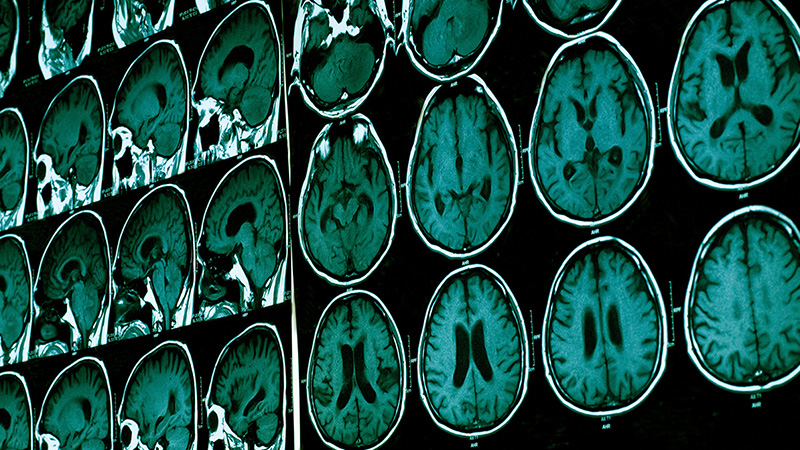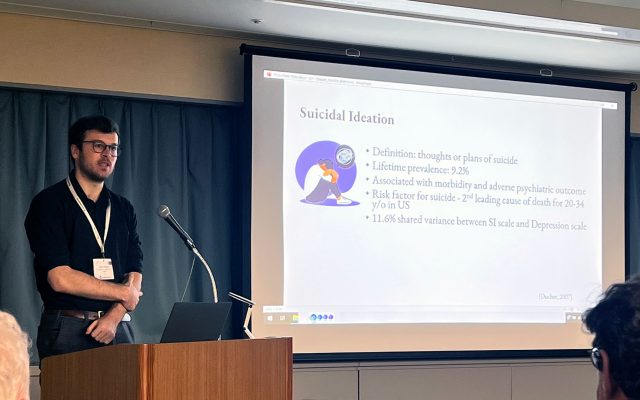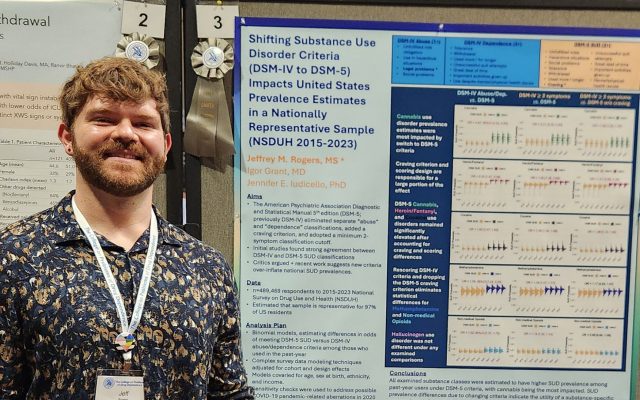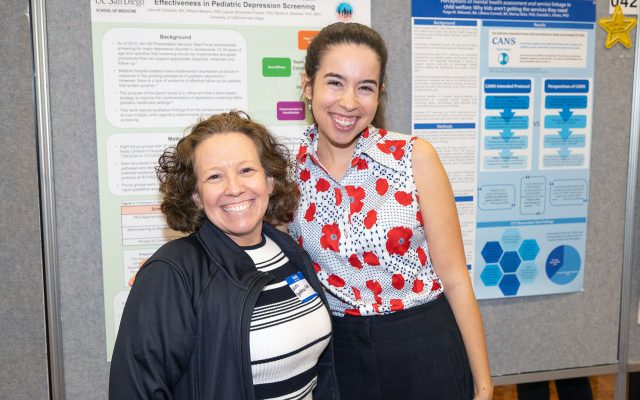Rapoport, C. S., Masser‐Frye, D., Mehta, S., Choi, A. K., Olfus, S., Korhummel, M., Hoyo, V., Dimmock, D., Malcarne, V. L., & Kuo, D. J. (2024). Parent and patient knowledge and attitudes about cancer predisposition syndrome genetic testing in pediatric oncology: Understanding sociodemographic and parent-child differences. Cancer Reports, 7(9).
- About
- People
- Academics
- Research
- Admissions
- Student Life
- Student Handbook
- Student Handbook Table of Contents
- Mentor-Student Guide
- Academics
- Registration
- Classes / Sample Curriculum
- Cognitive Psychology Requirement
- Statistics and Research Design
- Emphasis in Child and Adolescent Psychopathology
- Emphasis in Quantitative Methods
- Master’s Degrees
- Class Attendance
- Grades
- Transcripts
- Change in Major Area of Study
- Waiving Courses
- Grievances
- Grounds for Dismissal
- Student Records
- Program Requirements
- Financial Information
- Professional Issues
- Ethical Standards/Professional Behavior
- Where Do You Go When You Have A Problem, Question, Concern, or Complaint?
- Policy on Disclosure of Potential Conflicts of Interest
- Representation of Your Affiliation
- Public Representation
- Best Practices for Protecting Your Privacy
- Membership in APA
- Outside Employment
- Requests to Spend Time Off-Site
- Research
- Clinical Practicum
- Teaching Experience
- JDP Student Awards
- Campus Resources
- JDP Forms
- JDP SharePoint
Consistently ranked among the best in the nation, this clinical science program emphasizes the integration of research and practice in training, activities and experience, bringing together the rich scholarly resources and offerings of a Department of Psychology located in a College of Sciences (SDSU) and a Department of Psychiatry located in a School of Medicine (UC San Diego).
Students are actively involved in clinical research activities throughout their stay in the program. We regard the development of research skills and attitudes as a basic feature in the training of clinical psychologists who will have duties encompassing teaching, research, diagnosis, treatment, consultation, and program evaluation and design, and who will need to apply research skills and knowledge to varied content areas and settings.
The SDSU/UC San Diego Joint Doctoral Program in Clinical Psychology has been consistently accredited by the American Psychological Association (APA) since 1990. See Student Admissions, Outcome, and Other Data.
Major Areas of Study

Behavioral Medicine
Study the effectiveness of interventions for chronic health conditions like cancer, HIV and diabetes.

Experimental Psychopathology
Inform treatment of anxiety, PTSD, schizophrenia and affective disorders in children and adults.

Neuropsychology
Collect and analyze spatiotemporal data to better understand alcoholism, autism, fibromyalgia and more.
Research Excellence
Our doctoral students regularly publish first-author articles in prestigious journals. Here are some of their recent publications:
-
-
O’Daffer, A., Bintliff, A. V., & Bloss, C. S. (2024). Getting schooled on social media and Adolescent Mental Health. Journal of Adolescent Health, 75(2), 211-213.
-
Ma, J., Paltin, D., Miller-Perusse, M., Black, A., Baker, J. V., & Horvath, K. J. (2024). Sexual racism on geosocial networking applications and identity outness among sexual minority men in the US. Journal of Homosexuality, 1-17.
-
Pasquale, E. K., Strong, D. R., Eichen, D. M., Peterson, C. B., Kang-Sim, D. E., & Boutelle, K. N. (2024). Validation of a laboratory craving assessment and evaluation of 4 different interventions on cravings among adults with overweight or obesity. Appetite, 200, 107575.
-
Delfel, E. L., Aguinaldo, L., Correa, K., Courtney, K. E., Max, J. E., Tapert, S. F., & Jacobus, J. (2024). Traumatic brain injury, working memory-related neural processing, and alcohol experimentation behaviors in youth from the ABCD cohort. Developmental Cognitive Neuroscience, 66, 101344.
-
Ma, J., Paltin, D., Miller-Perusse, M., Black, A., Baker, J. V., & Horvath, K. J. (2024). Sexual racism on geosocial networking applications and identity outness among sexual minority men in the US. Journal of Homosexuality, 1–17.
-
Rassaby, M., Shakya, H. B., Fowler, J. H., Oveis, C., Sieber, W. J., Jain, S., Stein, M. B., & Taylor, C. T. (2024). Application of an egocentric social network approach to examine changes in social connections following treatment for anxiety and depression: A novel measurement tool for clinical trials research? Social Science & Medicine, 350, 116914.
-
Stradford, J., Heyworth, N. C., Jackson, M., Norman, M., Banks, S. J., Sundermann, E. E., & Thames, A. D. (2024). Increasing research study engagement in minoritized populations: An example from the Black Women Inflammation and Tau study. Alzheimer’s & Dementia.
-
Pasquale, E. K., Boyar, A. M., & Boutelle, K. N. (2024). Reward and inhibitory control as mechanisms and treatment targets for binge eating disorder. Current Psychiatry Reports.
-
Yang, R., Tuy, S., Dougherty, L. R., & Wiggins, J. L. (2024). Risk and resilience profiles and their transition pathways in the ABCD study. Development and Psychopathology, 1–10.
Practicum Placements
All students complete their first clinical practicum at the SDSU Psychology Clinic. After the first practicum year at SDSU, students move to work within the broad array of practicum sites and diverse patient populations available to us through both universities and the affiliated VA San Diego Healthcare System and Rady Children’s Hospital. Clinical activities, integrated with more formal instruction at all levels, increase in responsibility and independence in the later years of the program as students acquire greater clinical proficiency.

Veterans Affairs San Diego Health Care

Rady Children's Hospital

UC San Diego Health Centers




